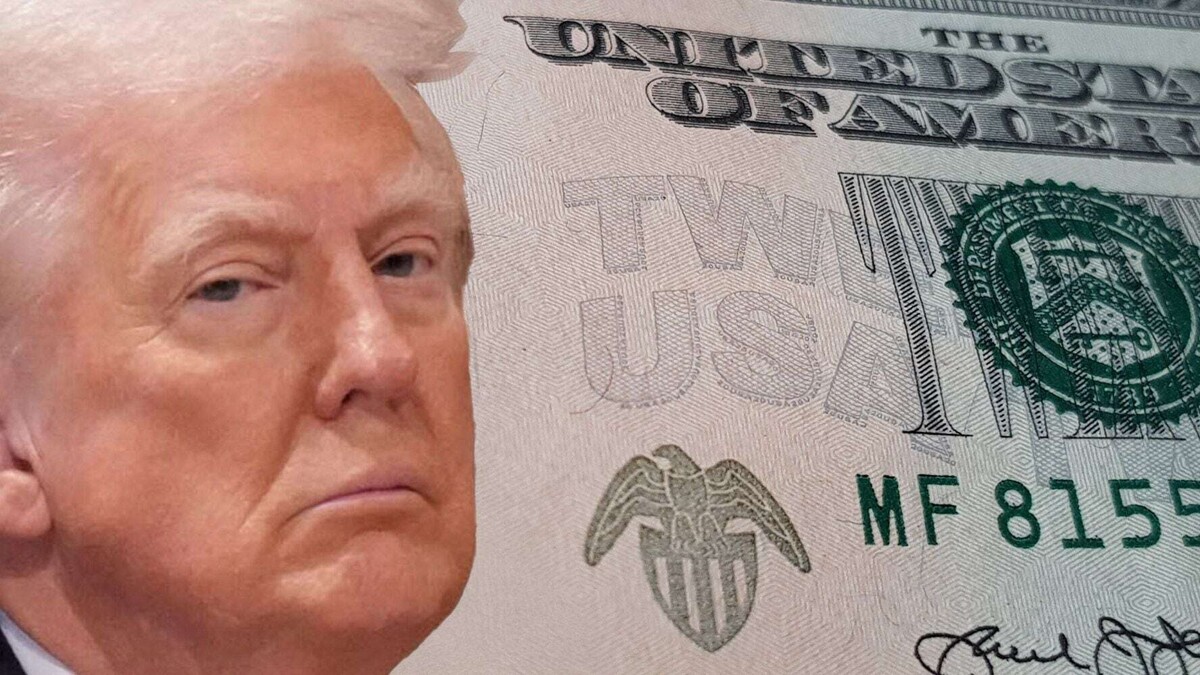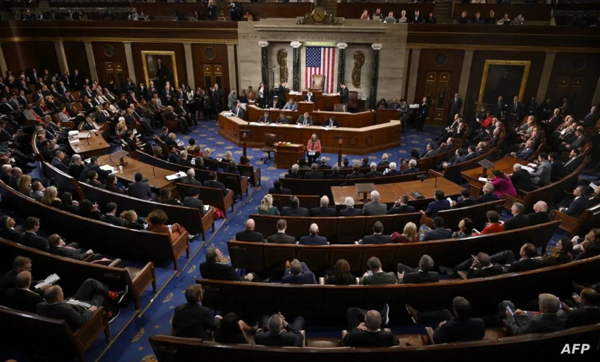
Federal Reserve officials, at a meeting on Wednesday, January 29, unanimously voted to keep the interest rate unchanged in a range of 4.25 to 4.5 percent. This decision was made to assess inflation prospects in the United States. Although rates had been reduced by a full percentage point in the last months of 2024, members of the Federal Open Market Committee deemed a pause in cuts necessary.
In a statement after the meeting, officials noted that inflation remains "somewhat elevated" and removed a reference indicating that it had approached its 2 percent target. This pause also provides the Fed with room to assess how Donald Trump's tariff policies might impact the economy, especially concerning Mexico and Canada, two of the United States' largest trading partners.
Fed Chair Jerome Powell made it clear that decisions on rates will be based on incoming data and outlooks, with risks to inflation and employment targets considered balanced. The announcement to keep rates unchanged led to a drop in the S&P 500 index and a rise in Treasury bond rates and the dollar.
Donald Trump had publicly urged the Fed to cut interest rates during his participation in the World Economic Forum in Davos. The president expressed that an immediate drop in rates would be beneficial for the U.S. economy and help citizens with their expenses. Despite the president's criticisms of Fed members, Powell has emphasized the central bank's independence in its economic decision-making.
Regarding expectations, futures markets suggest the possibility of two rate cuts for the year 2025, estimating one for the June meeting and another for the end of the year. Despite external pressures, the Federal Reserve remains firm in its stance to evaluate the economic situation and make decisions it deems most appropriate for the country.














